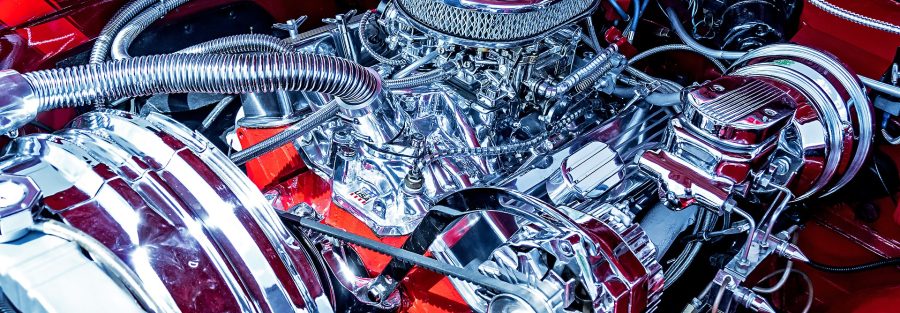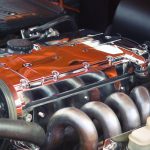Today, people every day are purchasing either a new or used car to replace an older one that may have had previous problems with the engine. Buying a used engine is a great alternative to getting into a new car note but it can be risky business if you don’t know what to look for. One of the things that makes it so risky is the fact that there is no legal requirement to maintain the engine to any standard or to keep any kind of accurate log.
So the first thing to look for is some kind of service record on the engine or a Car-Fax statement showing the mileage as listed by the DMV. If it’s not there, the engine might not be what you think you are getting. I see at least one engine every month that was bought used and was misrepresented as being much fresher than what it actually was. In nearly every such case, the buyer was told that the engine had just been “rebuilt”, or that it has only been “broken in.” In actuality, the engine had over 100K miles and had been sitting in the rain for 2 years rusted up solid.
“Rebuilt” is a relative term, and should not be relied on as an indication of quality unless there is a detailed service record describing exactly what was done with the engine and when it was done. The service records that get sent back with one of my rebuilds are usually about 2 – 3 pages single spaced, and every little detail of the engine service is in there. Without that kind of record, “rebuilt” could mean new seals and gaskets, or it could mean new cranks, pistons, bearings, seals, and gaskets. That is a big difference.
Just be sure to find out if paperwork comes with a rebuilt engine and find out who did the rebuild and see if that is a reputable company. Something else to consider when buying a used or rebuilt engine:
The age in years of the engine: If the engine is 10 years old make sure you don’t get a quote as if it had 20,000 miles on it as this is highly unlikely. Consider the number of years old x 12K miles per year. Also, find out how long it’s been sitting, compression tests if possible, and a car-fax certification on the VIN. If the engine has not been run in a while be sure to ask them to start before sending it. Even on an engine that is running, if it’s not running a few miles per year, there is too much downtime and pistons can lock up, etc.
Additionally, do a checkup of the company you are buying from. I’m not suggesting going on a witch hunt to see if they have ever had a complaint but maybe check the Better Business Bureau to see if they have a satisfactory record. This just means that though they get complaints (what business doesn’t) they handle them according to BBB standards which, by the way, are fairly stringent. You just can’t go around selling junk engines and get away with it for long.
Overall buying a used engine is definitely the way to go before you replace your car unless the cost of the engine is more than the value of the car is sold. That is where I suggest you purchase something new.


